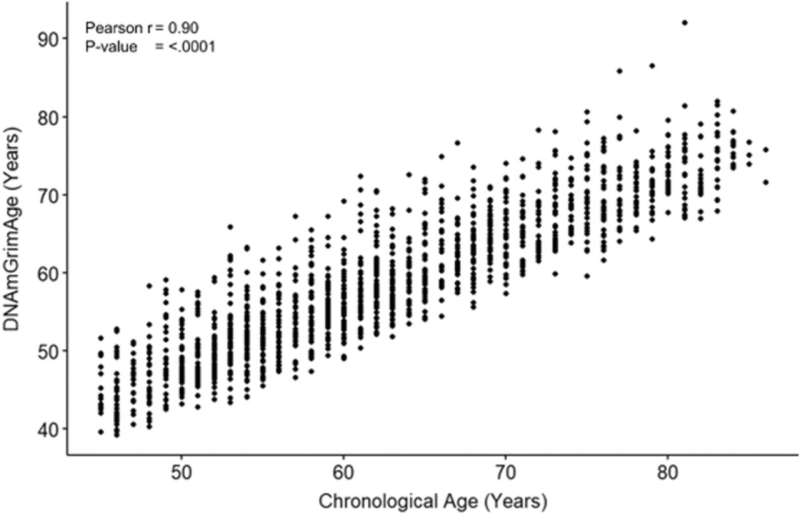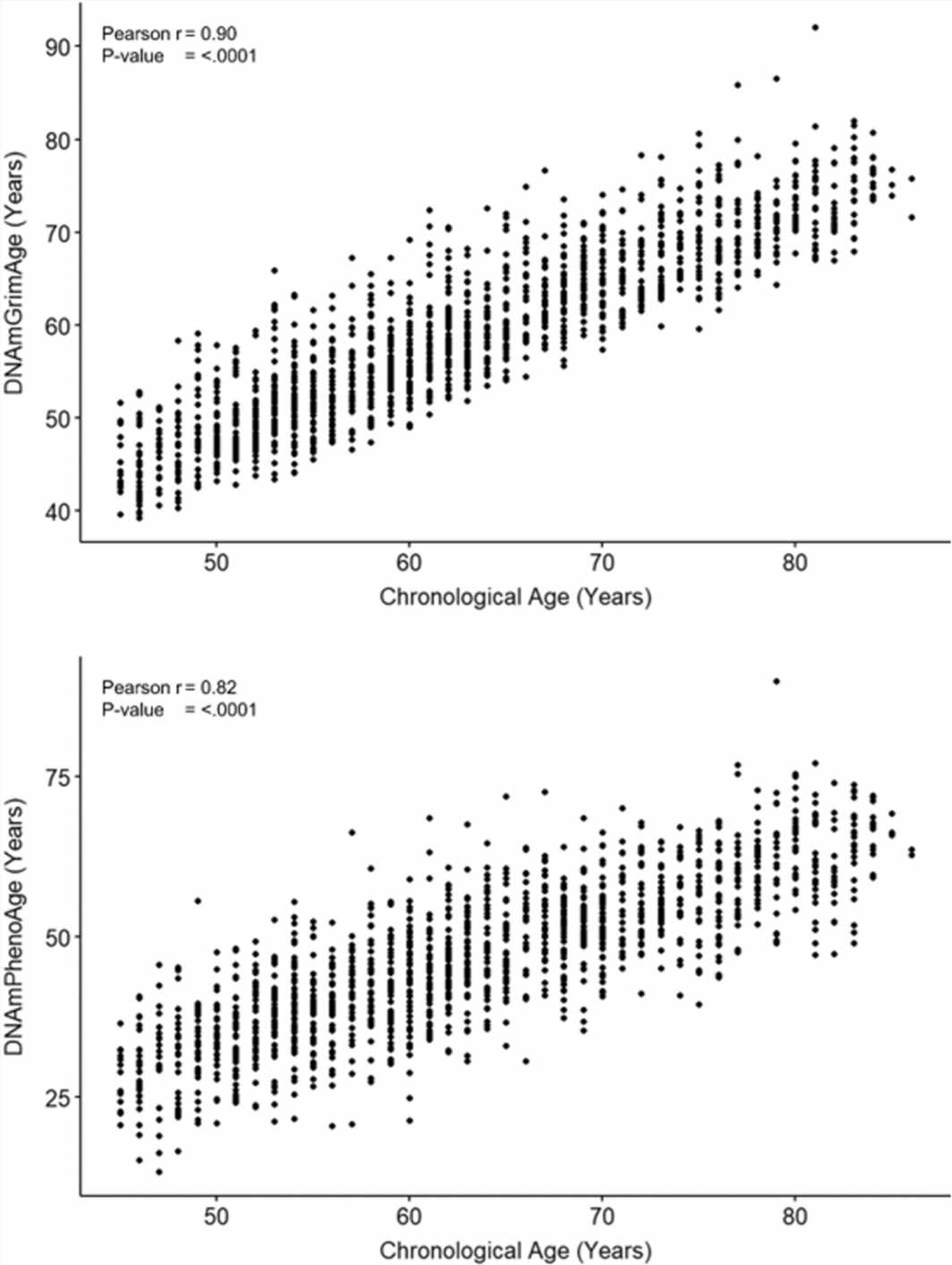
Exposure to a greater number of adverse childhood experiences (ACEs) may accelerate biological aging in older adults, a McMaster University study has found.
The research was published online in the journal Aging Cell.
The study analyzed data from 1,445 participants aged 45 to 85 years from the Canadian Longitudinal Study on Aging. The participants provided blood samples for DNA methylation analysis and completed a self-report questionnaire on ACEs. These experiences include childhood exposure to physical, emotional or sexual abuse, neglect, as well as exposure to parental intimate partner violence or poor parental mental health.
The data was analyzed to determine if there was an association between early childhood adversity and accelerated biological aging.
“Adverse childhood experiences are associated with poor health outcomes in later life. But what we don’t know is the underlying mechanism through which early life adversity gets under the skin and gets biologically embedded, leading to poor health outcomes,” said Divya Joshi, a research associate in the Department of Health Research Methods, Evidence and Impact and first author of the study.
The study used DNA methylation-based estimators, known as epigenetic clocks, which are biochemical tools that have been developed to measure aspects of biological aging. The clocks indicate accelerated biological aging when the epigenetic age is higher than chronological age.
“These findings suggest that exposure to ACEs may induce DNA methylation changes that may be persistent across the life course, especially in the absence of health interventions and behavioral interventions,” Joshi said.
“It is important that clinicians consider and implement trauma-informed care to support the health needs of individuals who have experienced adverse childhood experiences so that we can prevent the cascade of poor health outcomes in later life.”
Evidence of a link between accelerated biological aging among individual forms of adversity was limited, possibly due to the small number of participants in the study.
The research team concluded there is a need to implement strategies that raise awareness of adverse childhood experiences and promote healthy childhood development.
More information:
Divya Joshi et al, The association between adverse childhood experiences and epigenetic age acceleration in the Canadian longitudinal study on aging ( CLSA ), Aging Cell (2023). DOI: 10.1111/acel.13779
Journal information:
Aging Cell
Source: Read Full Article
